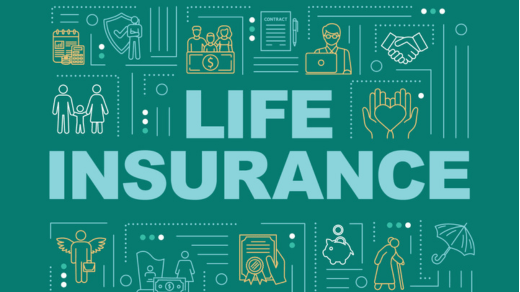
Self-employed individuals face unique challenges when it comes to insurance coverage. Here are 30 points discussing the pros and cons of insurance for the self-employed and how to navigate various coverage options:
Pros:
- Flexibility: Self-employed individuals have flexibility in choosing insurance policies that suit their specific needs.
- Customization: Coverage can be tailored to individual requirements and budget.
- Access to Health Insurance: The self-employed can access health insurance through individual marketplaces.
- Affordability: Self-employed individuals can often find cost-effective insurance options.
- Tax Deductions: Some insurance premiums may be tax-deductible for the self-employed.
- Asset Protection: Insurance safeguards valuable assets, including business property and equipment.
- Business Continuity: Coverage ensures business continuity in case of unforeseen events.
- Legal Protection: Insurance can protect self-employed individuals from potential legal liabilities.
- Health and Wellness: Access to health insurance supports overall well-being.
- Disability Coverage: Disability insurance offers income replacement in case of injury or illness.
- Retirement Planning: Some insurance policies can contribute to retirement savings.
- Liability Coverage: Protection from potential lawsuits and legal claims.
- Customizable Deductibles: Self-employed individuals can choose deductibles to match their financial capacity.
- Emergency Funds: Insurance can serve as an emergency fund to cover unexpected expenses.
- Savings Acceleration: Some policies offer savings components that grow over time.
- Professional Guidance: Expert insurance advice is available to help with coverage choices.
- Tax Benefits: Certain insurance policies offer tax advantages, such as deductions and credits.
- Legal Assistance: Insurance providers offer legal guidance and support during unforeseen situations.
- Retirement Contributions: Some policies allow contributions to retirement savings.
- Identity Theft Protection: Certain policies provide identity theft assistance.
- Renewable Policies: Self-employed individuals can renew policies to ensure continued coverage.
- Peace of Mind: Having insurance reduces stress and provides peace of mind.
- Competitive Rates: The self-employed can compare rates from different insurers to find the best options.
- Access to Group Coverage: Some self-employed individuals can access group insurance through professional associations.
- Family Protection: Insurance offers security and protection for family members.
- Global Coverage: Travel and health insurance extend coverage internationally.
- Community Support: Insurance payouts help communities recover from disasters.
- Insurance Accessibility: Most insurance policies are available to self-employed individuals.
- Customizable Policies: Insurance policies can be tailored to suit different stages of self-employment.
- Retirement Planning: Insurance can contribute to retirement savings and planning.
Cons:
- Cost: Insurance premiums can be a significant ongoing expense for the self-employed.
- Claim Denials: Insurers may deny claims or delay payouts, leading to disputes and frustration.
- Policy Complexity: Some insurance policies can be complex and challenging to understand.
- Premium Increases: Insurance companies may raise premiums, making coverage less affordable.
- Over-Insurance: Self-employed individuals may purchase more coverage than they need, leading to unnecessary expenses.
- Ethical Concerns: Some insurance practices, such as price discrimination, raise ethical questions.
- Environmental Impact: The insurance industry’s investments can impact the environment.
Navigating insurance coverage as a self-employed individual requires careful consideration of individual needs and circumstances. While it comes with costs and complexities, the benefits of safeguarding personal finances, assets, and well-being make it a fundamental aspect of responsible self-employment. Self-employed individuals should seek professional guidance and explore different coverage options to make informed insurance decisions.




